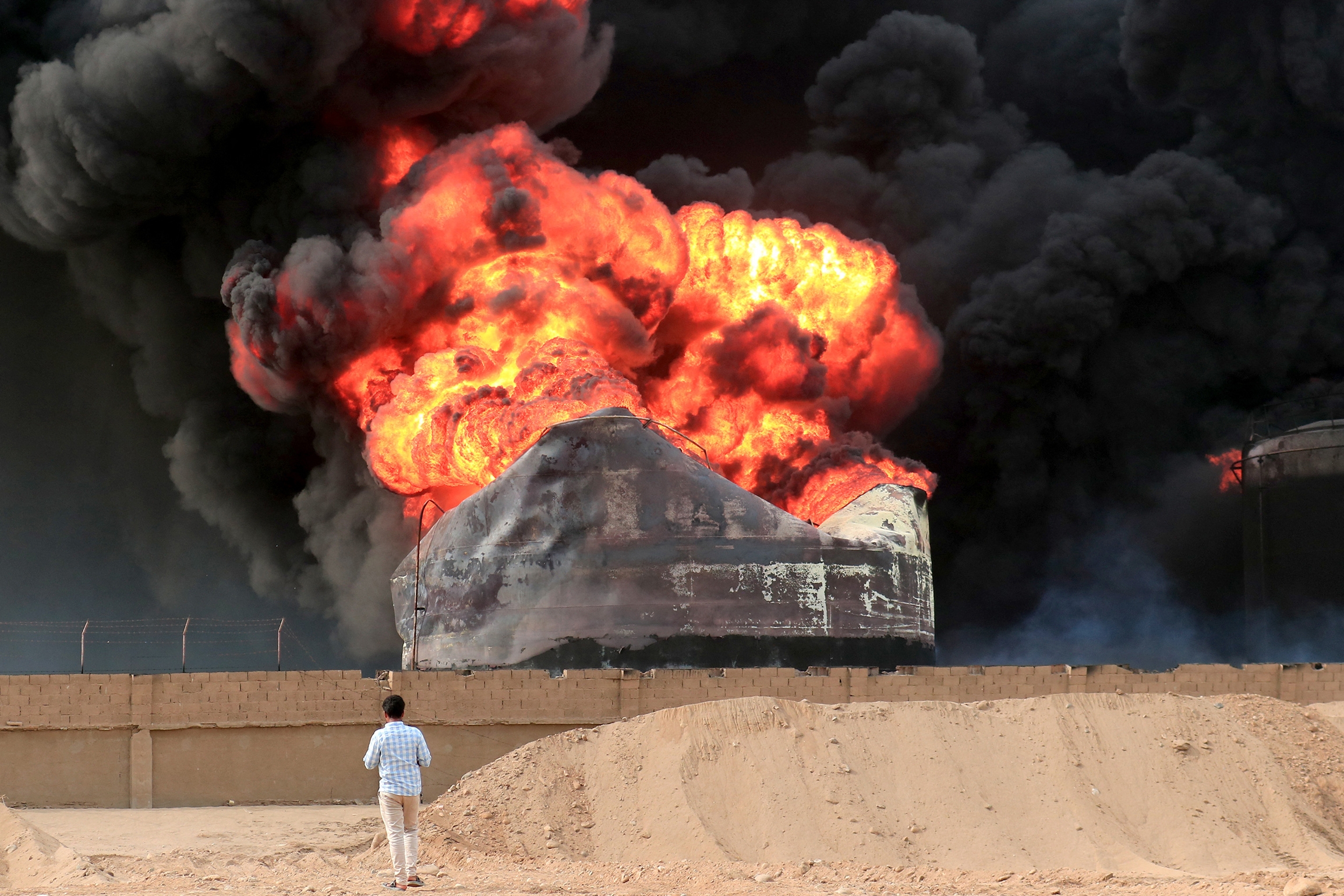sierra-barter.com – Yemen, a nation located at the southern end of the Arabian Peninsula, has been embroiled in a complex and devastating conflict for nearly a decade. This turmoil has resulted in one of the world’s worst humanitarian crises, compounded by pervasive crime and instability. This article explores the multifaceted nature of the conflict in Yemen and its implications for crime and security in the Middle East.
Historical Context of the Conflict
The conflict in Yemen has its roots in the Arab Spring of 2011, which led to significant political upheaval across the Middle East. In Yemen, protests led to the ousting of long-time President Ali Abdullah Saleh. However, the transition to his successor, Abdrabbuh Mansur Hadi, faced numerous challenges, including economic struggles, political divisions, and the rise of the Houthi movement.
The Houthi Insurgency
The Houthi movement, officially known as Ansar Allah, gained prominence in Yemen’s northern regions, capitalizing on local grievances and political discontent. By 2014, the Houthis had seized the capital, Sana’a, and forced President Hadi into exile. This escalation prompted a military intervention by a Saudi-led coalition, aiming to restore Hadi’s government.
Regional and International Dimensions
Yemen’s conflict is not merely a civil war but a proxy battle involving regional powers. The Saudi-led coalition, which includes the United Arab Emirates, receives military and logistical support from Western nations like the United States and the United Kingdom. Conversely, the Houthis are backed by Iran, reflecting broader geopolitical tensions between Sunni and Shia powers in the region.
Humanitarian Crisis
The ongoing conflict has devastated Yemen’s civilian infrastructure, leading to widespread famine, disease outbreaks, and displacement. According to the United Nations, millions of Yemenis are in dire need of humanitarian assistance, with children particularly affected by malnutrition and lack of healthcare.
Crime and Instability
The war has also exacerbated crime and instability in Yemen and the broader Middle East. The power vacuum created by the conflict has allowed various criminal enterprises to flourish, including arms smuggling, human trafficking, and drug trade. These illicit activities not only finance armed groups but also destabilize neighboring countries.
Efforts Toward Peace and Justice
Despite numerous attempts at peace negotiations, a lasting resolution to Yemen’s conflict remains elusive. The United Nations has been actively involved in mediating talks, yet ceasefires and agreements have frequently collapsed. Additionally, allegations of war crimes by all parties involved have been raised, complicating efforts toward justice and reconciliation.
Conclusion
Yemen’s conflict presents a complex tapestry of local grievances, regional rivalries, and international interests. As the war continues, the need for a comprehensive and inclusive peace process becomes increasingly urgent. Addressing the humanitarian needs and restoring stability are crucial steps toward rebuilding Yemen and ensuring security in the Middle East.
